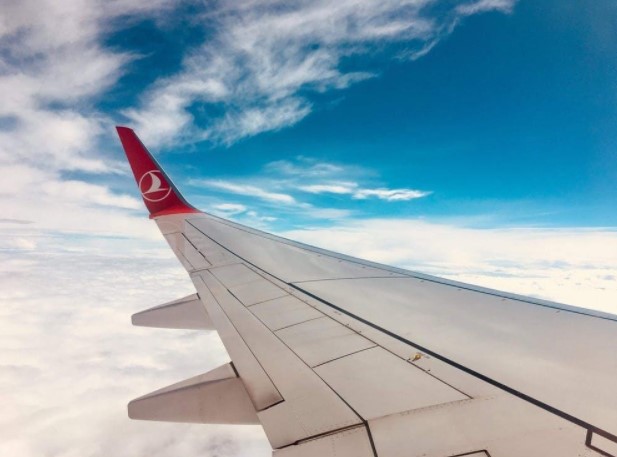As restrictions ease around the world, travel is opening back up again, with people taking trips for work, or taking unavoidable trips to visit their loved ones. Travel during these uncertain times can be particularly hard on all of us, especially senior citizens. Make sure to check out VIP Air Ambulance for emergencies.
The uncertainty, shifting plans, and looking for proper accommodation can, unfortunately, take a toll on seniors and caregivers alike. Traveling is especially scary for seniors with pre-existing conditions such as diabetes.
If you’re planning a trip in the near future, here is a handy list of travel tips to ensure you get to your destination safe and sound and minimize the stress your elderly family member may go through.

Research travel costs – Budgeting and shopping for deals will help you keep costs down. Should you need a hotel, there are numerous accommodation websites & airlines and car rental websites that will help you filter through the numerous options, according to your needs and budget.
Pack appropriately – Knowing what to pack will save you a world of trouble when you travel. Planning out your visit well beforehand is one way to have a broad view of your visit, even if you’re only going to visit family. TSA regulations beforehand, carry all your essentials, especially your medication.
Visit your doctor – If your elder family member has any pre-existing conditions, this step is one of the most important ones. Your doctor will clear you for travel, as well as recommend vaccines, medication, air ambulance companies in case of any eventualities. It goes without saying that your doctor’s advice should be followed to the letter to make sure you stay healthy. Of any medicine prescribed specifically for travel, check for any unintended side effects beforehand. With the busy travel schedule, losing track of time is a real possibility, so set reminders on your phone so that you never miss a dose. Lastly, it’s always good practice to pack enough medicine to last the entire duration of the trip, with wiggle room for a few days extra in case of any itinerary changes.
Get organized – Pack any medicine well beforehand, storing them in a compartment that’s easy to access. Also, make copies of any important documents e.g., medical records, prescriptions, etc. since these vital documents are required in case of a medical emergency. This step will help give you a course of action, and valuable peace of mind should anything untoward happen.
Plan ahead – Having a gameplan before you travel and sharing this itinerary with elderly family members is one way to make them feel included, and minimize anxiety. So write up a schedule & discuss openly with your loved one.
Ask Questions – Many airlines and hotels will readily make special accommodations for older family members. Airlines will make special exceptions, such as rows for passengers with disabilities, which makes the travel experience for seniors a pleasant one. Older relatives who use walkers, wheelchairs, or any other mobility equipment are thus accounted for. Relatives who require special dietary restrictions also get special consideration from hotels and restaurants, but you won’t know if you don’t ask!
Conclusion
Traveling & caring for elderly family members needn’t be difficult. Following the right steps will ensure a smooth travel experience.
I’m a 20-something stay-at-home mother and wife. I have an amazing husband, a beautiful daughter, two loving dogs, and a lazy cat. I wouldn’t change my life for anything! I love to read, listen to music, cook and blog!

Speak Your Mind